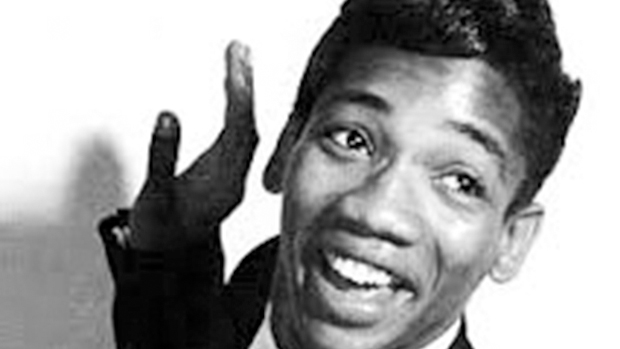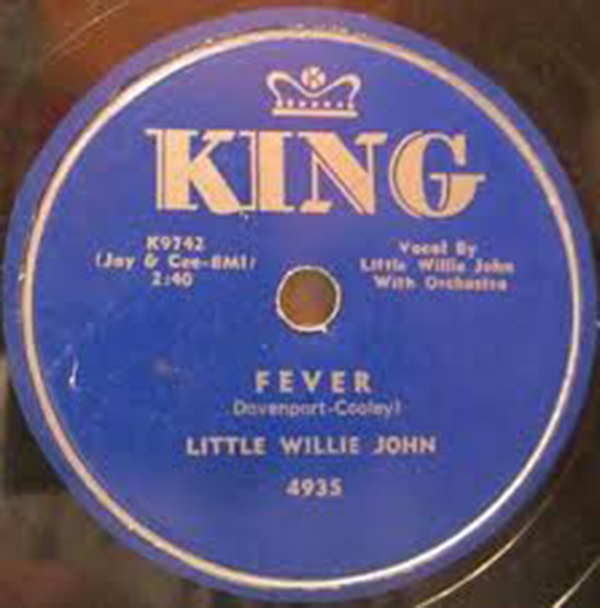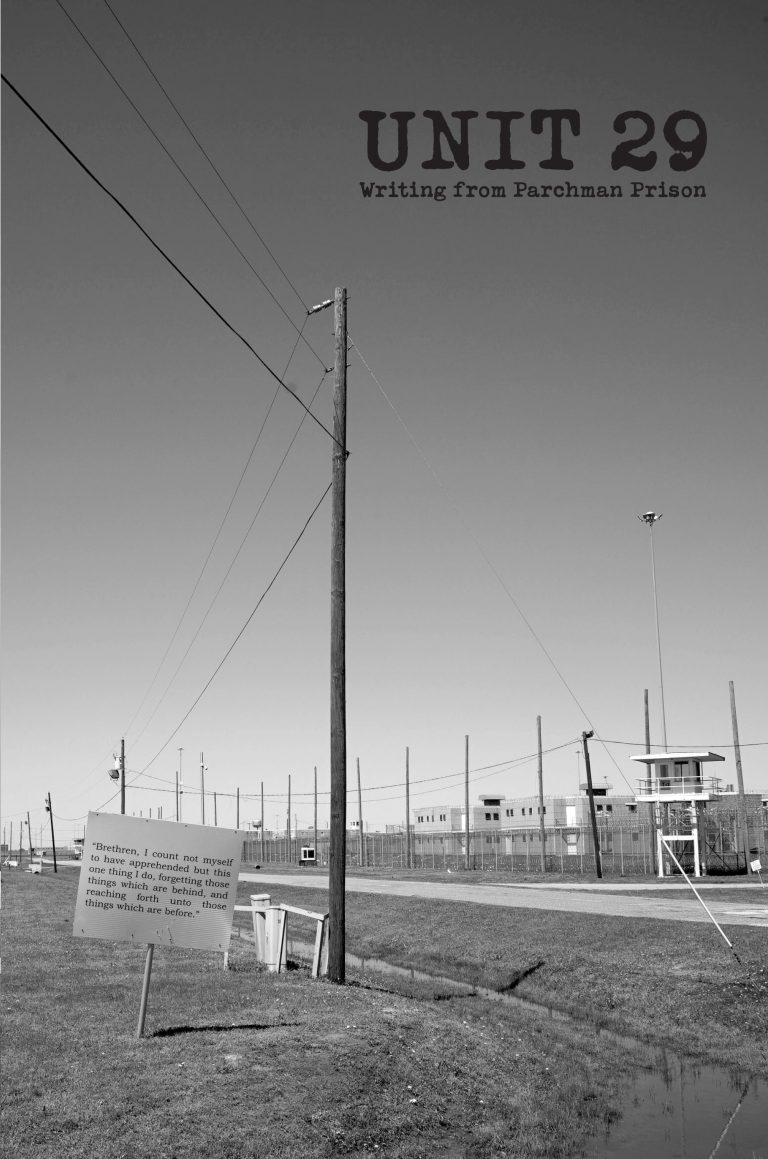
GEDSC DIGITAL CAMERA
“Sugarman done fly away, Sugarman done gone …”
– Toni Morrison, Song of Solomon
The confounding and brilliant novel Song of Solomon by Nobel Laureate Toni Morrison bounces between the American south and a big, unnamed city in Michigan believed to be Detroit.
Winner of the 1977 National Book Award, Solomon’s primary protagonist – Macon (Milkman) Dead, son of a wealthy property owner – was born in 1931, the perfect age to appreciate the music of an Arkansas native who made his home in Motown — Little Willie John.
By the time Milkman (an arrogant young man of rare African-American privilege) turned 25, he very likely would have been playing Little Willie’s 1956 smash hit “Fever” on a fancy stereo in the home of his money-obsessed father. Unless they were dropping nickels in a juke box, others had to make do with a simple record player.
Written by Eddie Cooley and Otis Blackwell (who took a pseudonym on the gig and wrote “Return to Sender” for Elvis), “Fever” was made most famous by Peggy Lee in a 1958 crossover cover for Capitol.
The song has been covered by everyone from the King of Rock and Roll to Madonna t0 the McCoys (of “Hang On, Sloopy” bubblegum fame) but those who know where the bodies are buried have no doubt who owns the tune.
“For me, it’s all about the rawness of the vocal on Little Willie John’s version,” said Ron Sheehan, 50, a guitarist and bass player living in Charlotte, North Carolina and a former Hyde Park, New York DJ [WHVW-FM] who often played LWJ’s version of “Fever” on the King label. 
“Peggy Lee’s take was ‘flirty,’” said Sheehan, stopping short of dumping Lee in the Pat Boone bin, “but Little Willie John’s was a true ‘cautionary’ tale of the relationship between a man and woman.”
And ain’t that the blues?
-o-
The blues that Little Willie’s son – Kevin John of suburban Detroit – has been singing accompany the struggle to have his father’s short and dramatic life brought to the big screen.
In 2011, Kevin assisted Detroit journalist and former CREEM magazine editor Susan Whitall with an authorized biography titled Fever: Little Willie John’s Fast Life, Mysterious Death and the Birth of Soul.
Willie John’s fast and often angry life lasted 30 years until his death in 1968 at a penitentiary in Walla Walla, Washington where he was serving a sentence for manslaughter.
The mystery surrounding his death pivots on whether he succumbed to pneumonia, a heart attack or something more odious.
And the deep-throated soul he sang (thus described in his 1996 induction into the Rock and Roll Hall of Fame) came out of the harsh blue birth canals of his native Arkansas before mixing with the horns and smoother R&B vocals of the industrial north.
Early in his career, the Godfather of Soul – James Brown, Soul Brother Number One – opened some shows for Little Willie John. The same year as his friend’s death, Brown released a tribute album called Thinking about Little Willie John… and a Few Nice Things on King, the same label that had released LWJ’s 45 rpm of “Fever.”
And perhaps Ms. Morrison listened to that album (she was 37 in 1968, I have no clue to her listening habits) just as Milkman Dead very likely grooved to Little Willie.
Good novels, Morrison has said, should “clarify the roles that have become obscured . . . and they ought to give nourishment.”
A major motion picture about Little Willie John – nourished with the good, the bad, deep blue notes and ringing joy – could clarify the life of a haunted man long obscured by greater fame others achieved in his own backyard. ![]()
Rafael Alvarez is the author of Crabtown, USA, a collection of essays. He can be reached via orlo.leini@gmail.com


